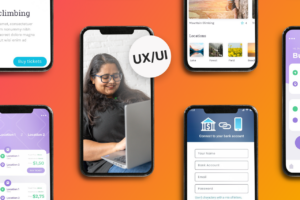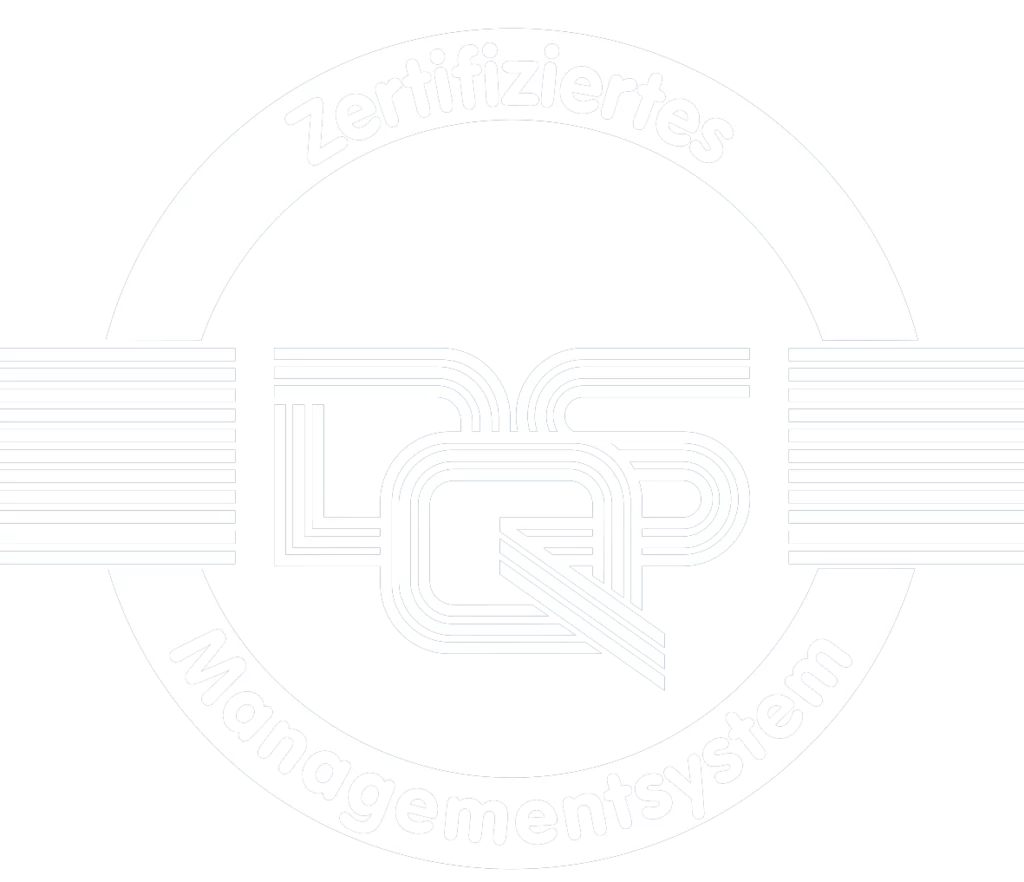Interviews for software developer and engineer positions typically involve a coding challenge, and though that is normally not the first phase of the interview process, it’s definitely the one where you should be playing your aces.
Even if you pass that test with flying colors, however, you will not be the only candidate to do so, and it may not guarantee that you’ll get the job.
So, what else can you do to maximise the odds of getting that offer, once you are sitting down with the hiring manager from the company you applied to? Here are 5 tips to get in the good graces of your future colleagues which have nothing to do with proving your technical expertise.
#1. Work on your pitch
Most interviews will start with a request for you to introduce yourself. First impressions are key, and your answer will set the tone for the entirety of the interview, so it’s essential that you get this bit right.
The question may well be posed with a tone that sounds casual, but do not be fooled: you ought to have a 2-3 minute routine in which you highlight all the relevant experience and skills you have which make you a good fit for the job. You should absolutely be rehearsing this over and over at home – or even better, try it out a few times with a friend – until you have something that sounds smooth and that you are comfortable saying out loud.
Start with a single sentence introducing you as a person – your professional title, where you are from – and then move on right away to the fields you’ve worked in and the projects you developed, followed by what you are good at doing. Close with a few lines about your personal interests and hobbies, and do not be afraid to expand if your interviewer picks up on one of them (“Oh, you play chess too? My favorite opener is…”). You don’t need to know the entire speech word by word, but you should remember the main points you’ll make and in what order.
#2. Show that you can be a part of a team
If your interviewer makes a quip about the weather, reply with your own thoughts on the weather. If they crack a joke, smile and say something that builds on it. And if they correct you on a mistake, recognise it and thank them for their input, rather than showing anger or frustration.
The interviewer isn’t just there to gauge how clever you are. They also want to find out if you’re someone they’d like to hang out and work with on a daily basis. That is something they are less likely to pick up from direct questions than by observing your reactions to subtler social cues.
This is not to say that you should fake your personality just to get a foot in the door, obviously, but keep an eye open for what your interviewer is doing and talking about, and respond to it. Let them know both that you can pick up on a vibe, and that you won’t bring conflict.
#3. Find out about the company
This is something you should be doing regardless, to protect your own safety – you don’t want to end up working for a company you do not trust. But it’s also a great tool to pick up knowledge that shows you know and care about what you’re applying for.
Research the company’s website and products in depth. Find out what their values and their company culture are like, and make sure you genuinely align with them (remember that nobody can “train” motivation if it isn’t there!). Find out what people are saying about the company on social media and in reviews, and what their growth prospects look like. Being able to tell an interviewer that you want to work for them not just because of what they sell, but because you personally agree with their unofficial motto which you learned about on their Twitter account, is something that will always sound more convincing than just a generic statement of personal motivation.
#4. Be honest
There is a philosophy out there that the only purpose of a CV is to get you an interview, and so you should be ‘creative’ when writing it. I don’t know how many people this has helped, but from my experience in the industry, it backfires much more often than not.
The interviewer’s job is to verify that you have the skills you boasted about in your application. If you lied about something – even something apparently trivial – and they find out about it, then no matter how good you may be, you’ve just compromised your interview. Deservedly so, I may add.
Before and during your talk with your employers, always say the truth about what you can and cannot do. This also works well with point #2, as an honest person will be more agreeable to work with.
#5. Dress for the industry
The tech world has a refreshingly relaxed culture when it comes to dress codes. Even if your plan is to work in a sweater and flip flops every day, however, let the interview be the exception to that rule: dress for the industry. This ties back to the research you should be doing about the company – check the photos on their website, their videos, their appearances at public events, and you should get a rough sense of what attire to wear. If in doubt, go for light formal (not necessarily a full suit, but perhaps a blazer), leaning towards the formal if the role is client-facing. Remember how we said that first impressions are key? Showing that you put effort into how you present yourself subcommunicates that you’re someone willing to put in effort – in general.
Final thoughts
A job interview is not a university exam, and the best thing you can do when approaching it is to relax. The coding challenge will give you an opportunity to showcase your skills, but it also falls on you to stand out by every other means at your disposal. I hope that these 5 tips can help you do just that.
Erika Margelyte is Talent and Partner Manager at WBS CODING SCHOOL, where she provides career services for students and graduates.






